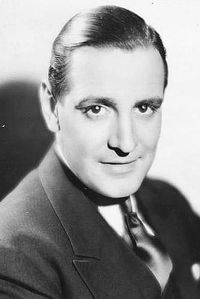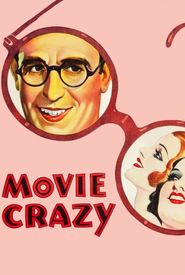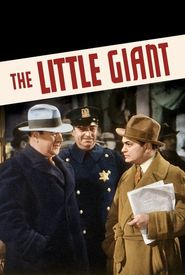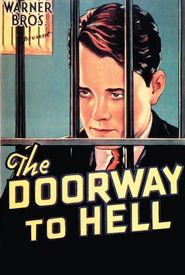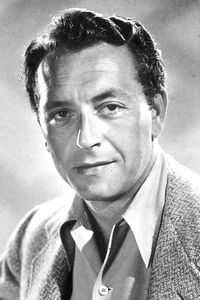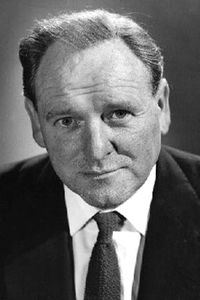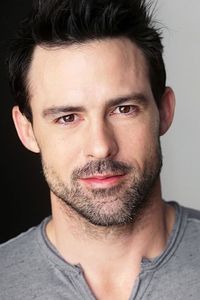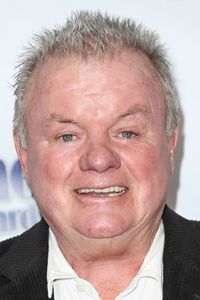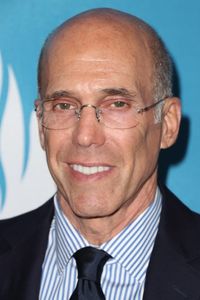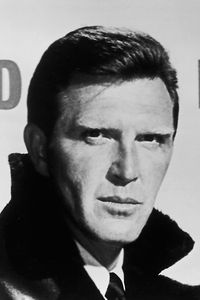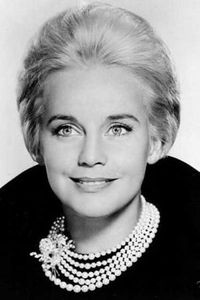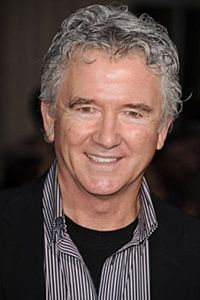Charles Kenneth Thomson was an American character actor who flourished during the silent and early sound film eras. Born on January 7, 1899, in Pittsburgh, he co-founded the Screen Actors Guild along with his wife Alden Gay, following a series of meetings held at their home in 1933.
Thomson's acting career spanned a mere twelve years, during which he appeared in over 60 films. Prior to his film debut, he had already made a name for himself on Broadway, starring in several plays throughout the early and mid-1920s. His film debut came in 1926 with a starring role in the movie Risky Business.
Over the next four years, Thomson continued to appear in a wide range of films, often taking on starring or featured roles. In 1930 alone, he appeared in an impressive ten films, with half of them showcasing his talents as a leading man. Some notable films from this period include Lawful Larceny, which also starred Bebe Daniels and Lowell Sherman, and Reno, featuring Ruth Roland and Montagu Love.
The rest of the 1930s saw Thomson appearing in numerous films, mostly in supporting or featured roles. Some notable examples include The Little Giant, starring Edward G. Robinson and Mary Astor, and Hop-Along Cassidy, starring William Boyd. Although he occasionally took on leading roles, such as opposite Harold Lloyd in 1932's Movie Crazy, Thomson's work during this period was often characterized by his versatility and willingness to adapt to different types of roles.
Throughout his career, Thomson demonstrated a remarkable range and adaptability, appearing in a wide range of films and genres. Despite his relatively short career, he left a lasting impact on the film industry, and his legacy continues to be celebrated by film enthusiasts and historians alike.
